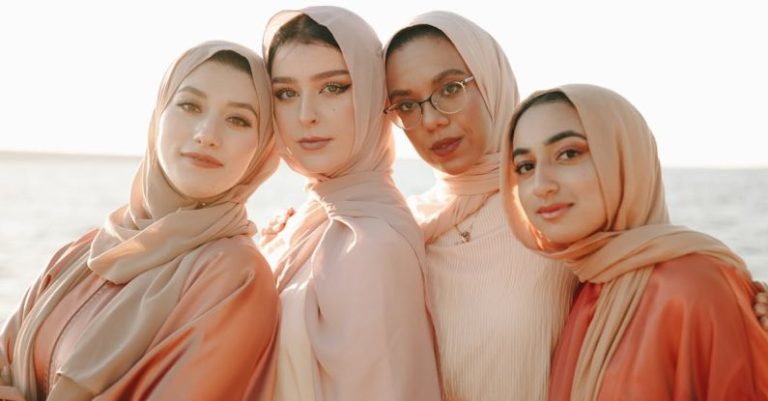The Latest in Sustainable Fashion Trends
As the world becomes more conscious of its environmental impact, sustainable fashion has emerged as a crucial trend in the industry. From eco-friendly materials to ethical production practices, the latest sustainable fashion trends are making waves in the fashion world. Let’s delve into the key aspects of sustainable fashion that are shaping the industry today.
Eco-Friendly Fabrics
One of the most significant trends in sustainable fashion is the shift towards eco-friendly fabrics. Designers are increasingly opting for materials that have a lower environmental impact, such as organic cotton, hemp, and Tencel. These fabrics are not only better for the planet but also offer a high level of comfort and quality. By choosing eco-friendly fabrics, fashion brands are reducing their carbon footprint and promoting sustainable practices in the industry.
Circular Fashion
Circular fashion is another trend that is gaining momentum in the sustainable fashion world. This concept focuses on creating a closed-loop system where products are designed to be recycled, reused, or repurposed at the end of their life cycle. By embracing circular fashion, brands are not only reducing waste but also promoting a more sustainable approach to fashion consumption. From clothing rental services to upcycled garments, circular fashion is reshaping the way we think about fashion and sustainability.
Ethical Production Practices
Ethical production practices are at the core of sustainable fashion. Brands are increasingly prioritizing fair wages, safe working conditions, and transparent supply chains. By ensuring that their products are ethically produced, fashion brands are supporting the well-being of workers and communities around the world. Ethical production practices also play a crucial role in reducing the negative impacts of fast fashion on both people and the planet.
Minimalism and Timeless Design
Minimalism and timeless design are key trends in sustainable fashion that promote longevity and versatility. By focusing on classic silhouettes and high-quality materials, fashion brands are creating pieces that stand the test of time. This shift towards minimalist and timeless design encourages consumers to invest in pieces that they will wear for years to come, rather than following fleeting trends. By embracing minimalism, fashion brands are promoting a more sustainable approach to consumption and reducing the environmental impact of the fashion industry.
Transparency and Accountability
Transparency and accountability are essential aspects of sustainable fashion that are shaping the industry today. Consumers are increasingly demanding greater transparency from fashion brands regarding their sourcing, production, and environmental practices. By being transparent about their processes and practices, brands are building trust with consumers and demonstrating their commitment to sustainability. Accountability also plays a crucial role in driving positive change within the fashion industry and holding brands accountable for their impact on the environment and society.
Innovative Technologies
Innovative technologies are revolutionizing the way fashion is produced and consumed. From 3D printing to biofabrication, these technologies are offering new solutions to reduce waste and minimize the environmental impact of the fashion industry. By embracing innovative technologies, fashion brands are pushing the boundaries of sustainable fashion and driving positive change in the industry. These technologies are not only environmentally friendly but also offer new creative possibilities for designers to explore.
Embracing Diversity and Inclusivity
Diversity and inclusivity are becoming increasingly important in the sustainable fashion movement. Brands are embracing diversity in their marketing campaigns, runway shows, and product offerings to reflect the diverse range of consumers they serve. By promoting diversity and inclusivity, fashion brands are challenging traditional beauty standards and promoting a more inclusive and equitable industry. This trend towards diversity and inclusivity is reshaping the fashion landscape and encouraging brands to be more representative and inclusive in their practices.
In Conclusion: Shaping the Future of Fashion
The latest sustainable fashion trends are not just fleeting fads but a fundamental shift towards a more ethical, transparent, and environmentally conscious industry. From eco-friendly fabrics to circular fashion and ethical production practices, these trends are shaping the future of fashion in a positive and sustainable way. By embracing sustainability, fashion brands are not only reducing their environmental impact but also promoting social responsibility and ethical practices throughout the industry. As consumers become more aware of the impact of their fashion choices, the demand for sustainable fashion will continue to grow, driving positive change in the industry and shaping a more sustainable future for fashion.






